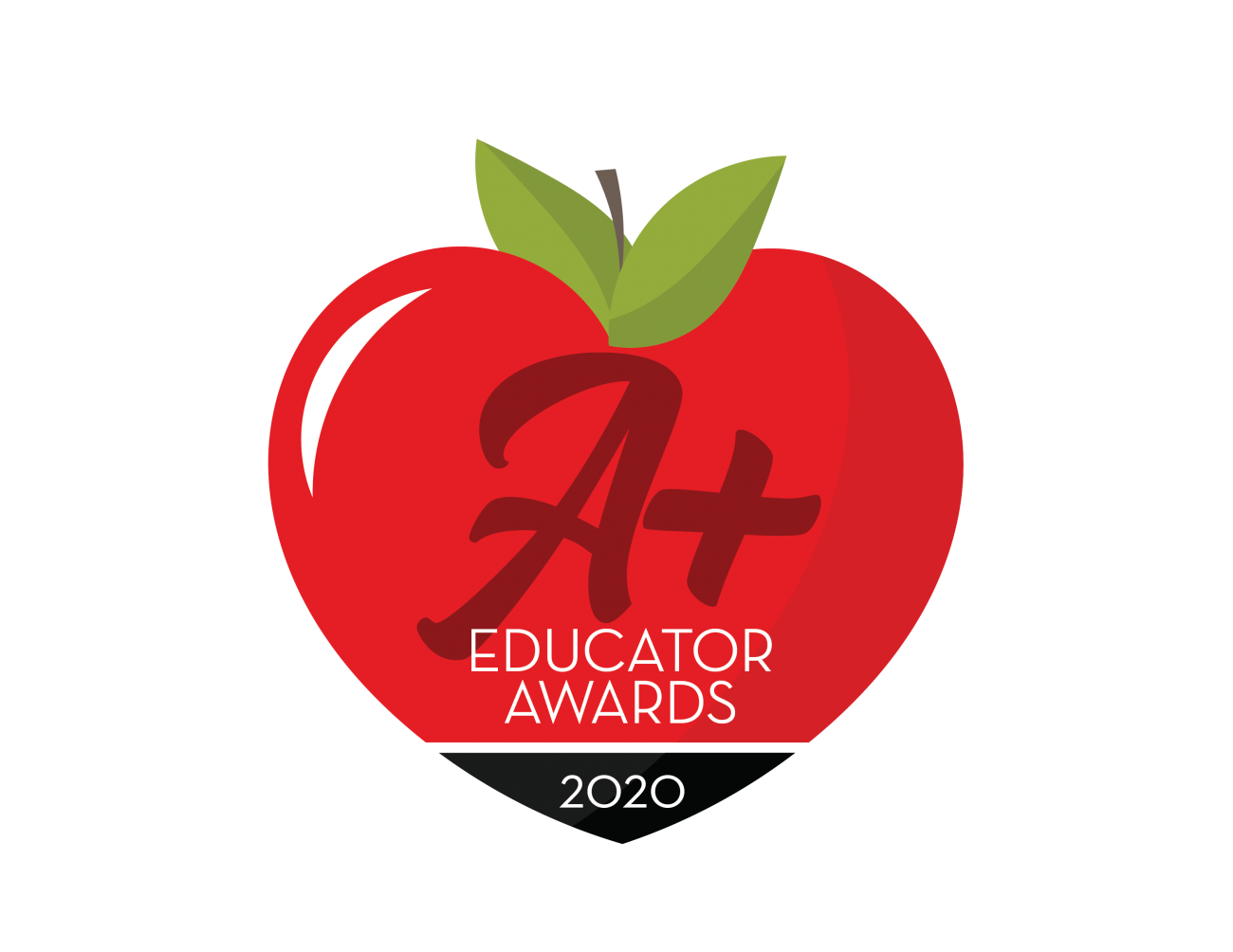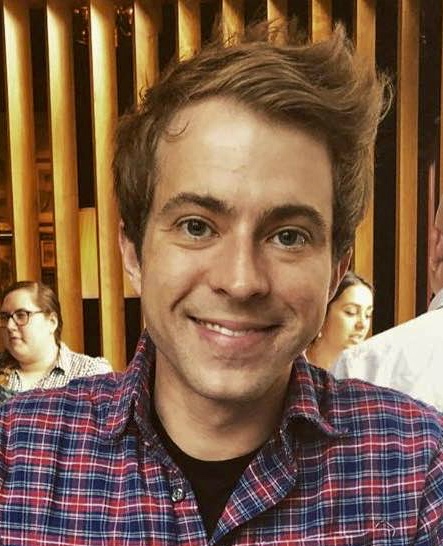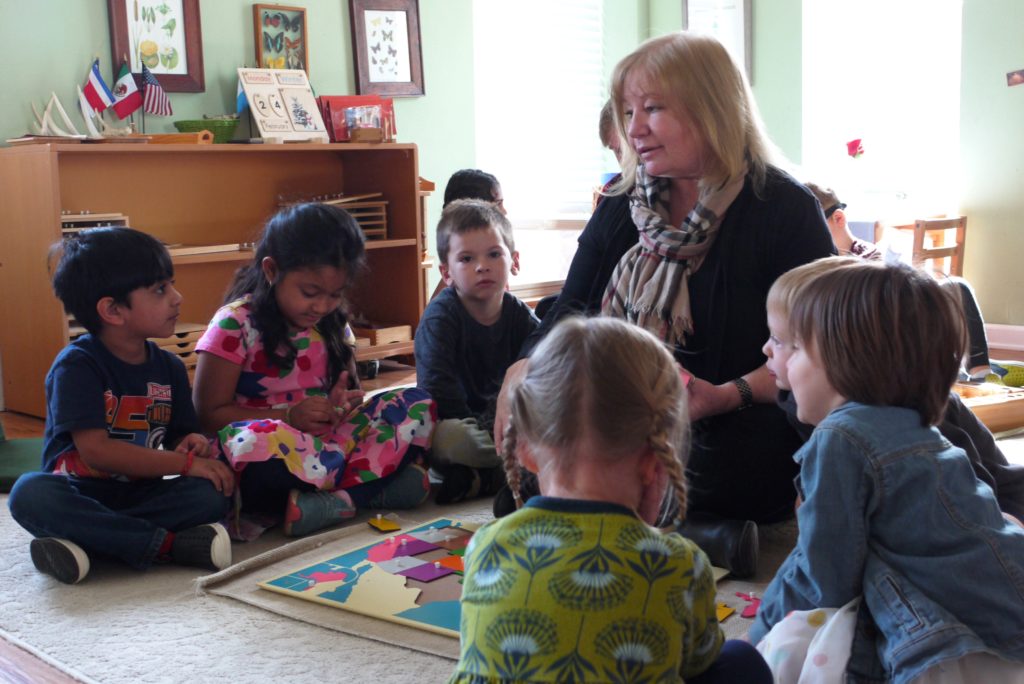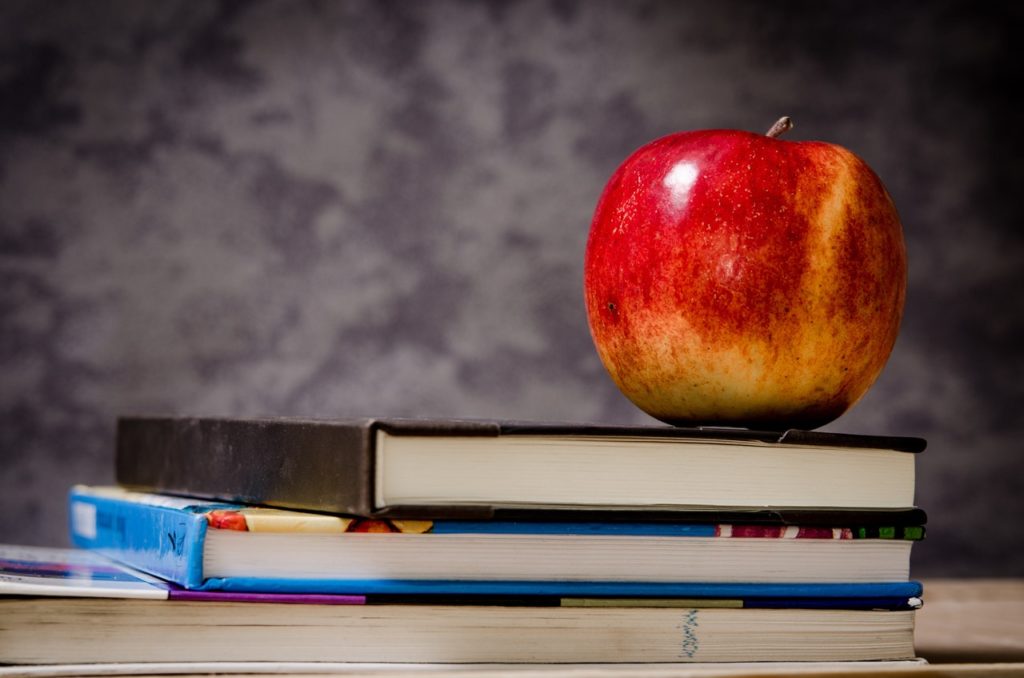2020’s Main Line Parent A+ Educators
Our community is built on growing kids, and teachers are the unsung heroes helping them grow. Who did you choose as 2020's best?

Teachers spend a significant amount of time with our children. They are our trusted partners in helping our kids develop their intellects, their moral compasses, and the desire to learn that (we hope) will last all their lives. Passionate educators can profoundly impact our kids’s lives as role models, and plant the seeds of curiosity that may grow into their futures. Our A+ Educators are chosen by parents, colleagues, and friends who see the work and dedication these teachers bring to the classroom. Main Line Parent is proud to feature our A+ Educators for 2020, Dylan Mulcahy of Fusion Academy Ardmore, and Melanie McGinn of Ithan Montessori. Read on to learn more!
Meet A+ Educator Dylan Mulcahy, Fusion Academy Ardmore
“Dylan works with our toughest kids who have had the worst educational experiences you can imagine. He understands how to relate to them on a level completely foreign to most educators. He is one of the kindest, most patient teachers I have ever encountered, and his experience teaching our students changes their lives.” ~ Jessica Eckert, nominator

Dylan Mulcahy offers instruction and mentoring in Music and English for students at Fusion’s Ardmore campus and is head of its Electives Department. Dylan attended Philadelphia’s University of the Arts earning both a Bachelor’s and Master’s degree in Music Performance, specializing in jazz and contemporary music with a concentration in drums and percussion and earning the department’s Drum Set award in his undergraduate senior year. Dylan has been an active member of the Philadelphia music community for the past 12 years. In addition to his performing and recording schedule, Dylan has enjoyed teaching drums, piano and music theory to students of all ages and ability in the Philadelphia area. In his free time, Dylan enjoys hiking in the Wissahickon, practicing, playing and composing at his studio, and reading a good book.
We Asked Dylan:
What is your teaching philosophy?
At Fusion we have a foundational philosophy called Love, Motivate, Teach. I’d say that’s a good way to characterize my own teaching philosophy, even before I joined Fusion. The love part is to give a student my full attention and best effort. To motivate is to connect the material to the world and help the student see how they can benefit from learning it. Teaching is the work; delivering the lesson, asking the student to engage with you and leading them toward independent demonstration.
How do you make your classroom environment feel welcoming and dynamic?
I strive to meet each student where they are. I aim to let the student feel that respect and a basic friendliness are just as, if not more, important than the material. This can take any amount of time, five minutes or five classes, but once that is established and the student feels comfortable, they usually get ambitious and are ready to dig in. And that’s where the fun is.
What would you love for the parents of your students to know?
I would want the parents to know that their students are trying and they’re doing the best they can, wherever they’re at in their journey. That ceiling increases over time. That is the goal.
How do you encourage reluctant learners?
Identifying their interests and finding a way to hook those interests to the content. Also, simple and honest encouragement. If a student can begin to find pride in their own work, this joy becomes infectious and they want to feel it again and in more areas of their life.
How do you resolve problems in the classroom, if a student is disruptive, for example, or if two students aren’t getting along?
I’ve learned a lot from the leadership at my school in how to peacefully handle conflict and I’m still learning about that. If we can communicate clearly why a behavior needs to change for the good of the student and for the good of the community, and if the student can understand this, usually the problem is resolved.
How can you tell when your material is connecting with your students? How do you measure progress?
When in-class discussions about the material threaten to take up too much time! That’s always a good problem. Or when the student goes above and beyond in homework responses and essays. When a student shows up on time consistently and is ready to talk about the material. I measure progress only by comparing a student’s current work to his or her past work.
How do you prepare for the first day of school?
Good old-fashioned lesson planning, rest and a positive attitude.
What has been most rewarding about teaching?
The relationships I’ve built with my co-workers and watching our students mature as thinkers and young adults.
Meet A+ Educator Melanie McGinn, Director of Montessori Education, Ithan Montessori School
“She is an amazing educator. My son has thrived with her in his classroom this year.” ~ Krista Hubley, nominator

We Asked Melanie:
What made you want to be an educator? When did you decide that was your path?
I was born and raised on the east coast of England and moved to the United States in 1987. I had always known I wanted to work with children in some capacity. I fell in love with the ‘Montessori Philosophy’ when my oldest of three children attended a Montessori school. I received my Montessori certification in 2003 and was offered the incredible opportunity to help start The Ithan Montessori School in 2013. A dream come true, really, I was able to create an authentic Montessori school in the heart of the Main Line.
What is your teaching philosophy? How do you make your classroom environment feel welcoming and dynamic?
My school setting is simple, structured yet has a very natural and homey feel about it. Nature is found everywhere inside and out as the seasons change. This really sets the tone for how the children feel while they are here.
How do you encourage reluctant learners?
In my classrooms, learning activities are presented in the traditional way, I observe each student to see what interests them most. I can then build a customized curriculum per child that stimulates their learning path. In this prepared environment, I am careful to pay attention if a child is struggling or hesitant in the classroom. There is always another way to initiate interest no matter the personality of each student. With every level of learning I am always encouraging my staff and myself to be a step ahead of the children’s next success. This is one of the many advantages to running a manageable sized school.
How do you resolve problems in the classroom, if a student is disruptive, for example, or if two students aren’t getting along?
Of course there will always be challenges in life and the earlier children learn to handle adversity, the better off they will be. I am a big believer in the “Peace Table” to resolve conflicts with peers. I teach verbal skills that help them communicate emotions to one another. This builds respect and allows them to truly resolve situations independently. Another wonderful tradition is our “Buddy Bench” in the garden. If a child is feeling sad or needs a friend, they sit on the bench and other children know what to do. Most importantly to the daily routine at Ithan, we always start from a place of kindness.
How can you tell when your material is connecting with your students? How do you measure progress?
I think there are so many choices and pressures on families in regard to measuring the levels of achievements in children. I am grateful for the Montessori environment, in which younger children learn from older children and thus allows these comparisons to not play a major role in learning.
What has been the most rewarding thing about teaching?
My most rewarding moments are when I can observe growth that naturally allows the learning to happen.
Don’t forget to read about our Philly Family A+ Educators!




1 COMMENT